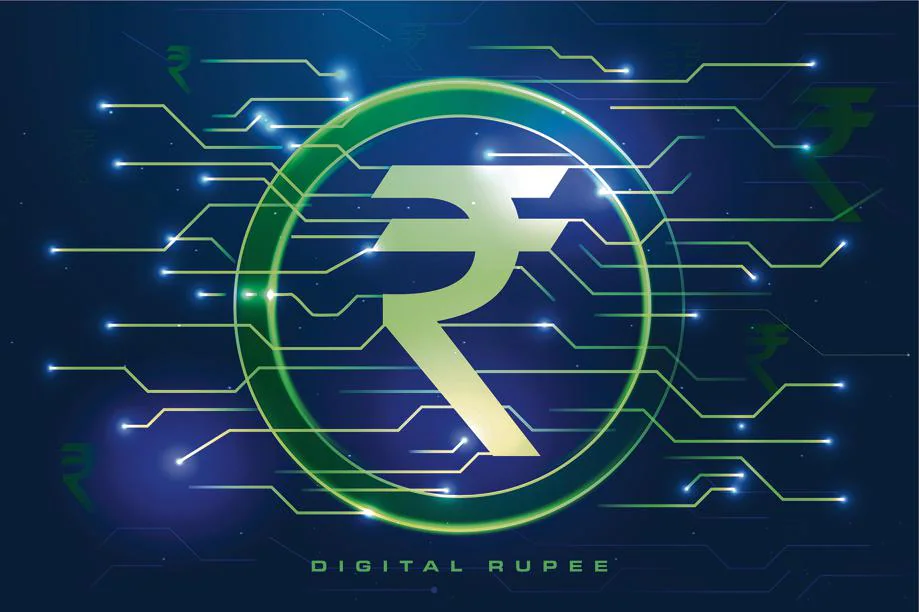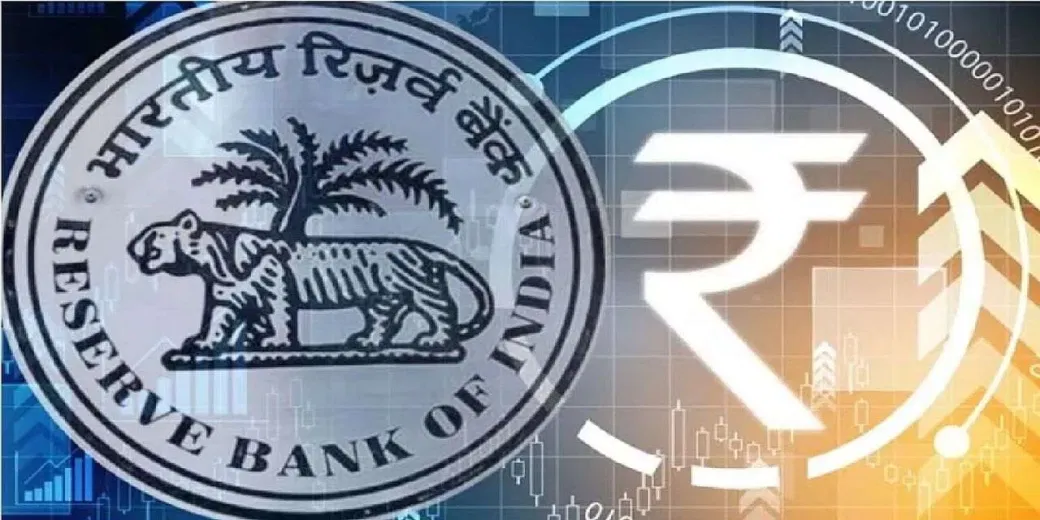Now Reading: Digital Rupee: Is India Ready for Its Own Central Bank Digital Currency?
-
01
Digital Rupee: Is India Ready for Its Own Central Bank Digital Currency?
Digital Rupee: Is India Ready for Its Own Central Bank Digital Currency?

India is moving closer to rolling out its own Central Bank Digital Currency (CBDC), popularly called the Digital Rupee. Introduced as a pilot project by the Reserve Bank of India, the initiative aims to offer a secure, regulated digital alternative to cash and private cryptocurrencies. With increasing digital transactions across cities and smaller towns, the big question is whether India is ready to fully embrace a currency that exists only in virtual form.
The Digital Rupee is designed to function like physical money but in electronic format. Unlike private cryptocurrencies, it is backed by the central bank, which ensures stability and legitimacy. For everyday users, this means they can use it for payments, transfers, and purchases without worrying about volatility. Tier 2 cities, where UPI and digital wallets have already gained wide acceptance, are expected to be early testing grounds for this shift.
Supporters believe the Digital Rupee could reduce the dependence on cash and improve efficiency in payments. It may also bring more people into the formal banking system, especially in semi-urban areas where digital adoption is rising but cash remains dominant. For businesses, a state-backed digital currency could lower transaction costs and improve cross-border trade transparency.
However, challenges remain. Many small traders and daily wage earners in smaller towns still rely heavily on cash and may hesitate to move to a purely digital format. Concerns over data privacy, cyber security, and internet accessibility also stand as barriers. For a country as diverse as India, ensuring smooth integration without excluding sections of society will be critical.
For now, the Digital Rupee represents a significant step in India’s journey toward a modern financial ecosystem. While adoption may be gradual, especially in non-metro regions, the long-term potential of a central bank digital currency could reshape how Indians handle money. The readiness of the nation will depend not just on technology but also on awareness, trust, and accessibility for every citizen.

























